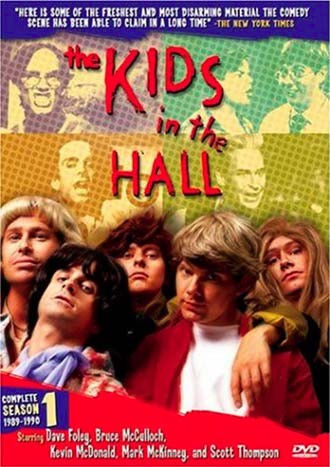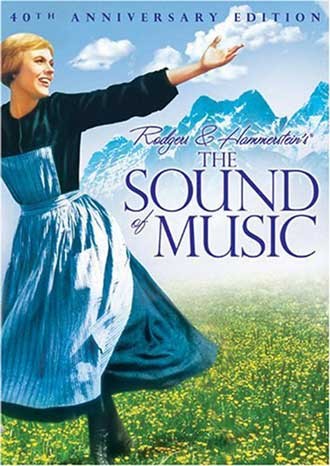| |
One of my favorite movies of 2003 was Aki Kaurismäki's The Man Without a Past (Columbia/TriStar). A distinctive voice in filmmaking today, Kaurismäki makes films you could pick out of a crowd even with the sound turned off. Dry and deadpan, his style is most like that of Jim Jarmusch, but Jarmusch's films are more hip; Kaurismaki's often feel as out of it as a guy living in a dumpster, which in fact is one of the visions in Man Without a Past. Here, a mugging victim sustains a head wound that leaves him nameless as well as broke; he winds up relying on the kindness of strangers who don't have much to give. They live in a metal storage container (since the man of the house now has a job, they will be eligible for housing assistance in a few years), and soon will help Mr. X find one of his own. Our hero goes to work at the Salvation Army, where he falls in love. Like a lot of Kaurismäki's work, this sounds pretty bleak, but it's funny in the same way Jarmusch's movies can be - nowhere near the laugh riot of the director's earlier Leningrad Cowboys Go America, but still far from a downer.
Unfortunately, as is so often the case, Man Without a Past didn't have a future either; it barely opened in Texas, but thanks to DVD San Antonians can still see it in the year of its domestic debut. Columbia has done the same thing for another recent import, although this one hardly needs the help. Whale Rider had one of the things that always helps a foreign or indie film: a charming kid. The tale the movie tells, of a Maori girl who sees in herself the qualities of leadership that the village is trying to develop in its boys, is a sweet one; if I wasn't quite as bowled over by the movie as many were, it's obviously endearing without going overboard.
| The Man Without a Past, Whale Rider (Columbia/TriStar) Russian Ark (Wellspring) The Dancer Upstairs (Fox) A Decade Under the Influence (Docurama) |
| |
Unless you have a very fancy cable subscription, the video store is almost the only way to see A Decade Under the Influence (Docurama), a three-hour documentary about the explosion of filmmaking creativity in the '70s. The series got a fair bit of buzz over the year at a festival or two, and it's nice to finally see it. It will probably be of the most interest to movie lovers who read Peter Biskind's Easy Riders, Raging Bulls - where that oral history centered on scandalous and perhaps apocryphal anecdotes about the New Hollywood, this one collects talking-heads footage from the actual participants. Naturally, it's a little drier than that gossip-fest, but you can't fault the filmmakers for valuing the truth over a good story. •



